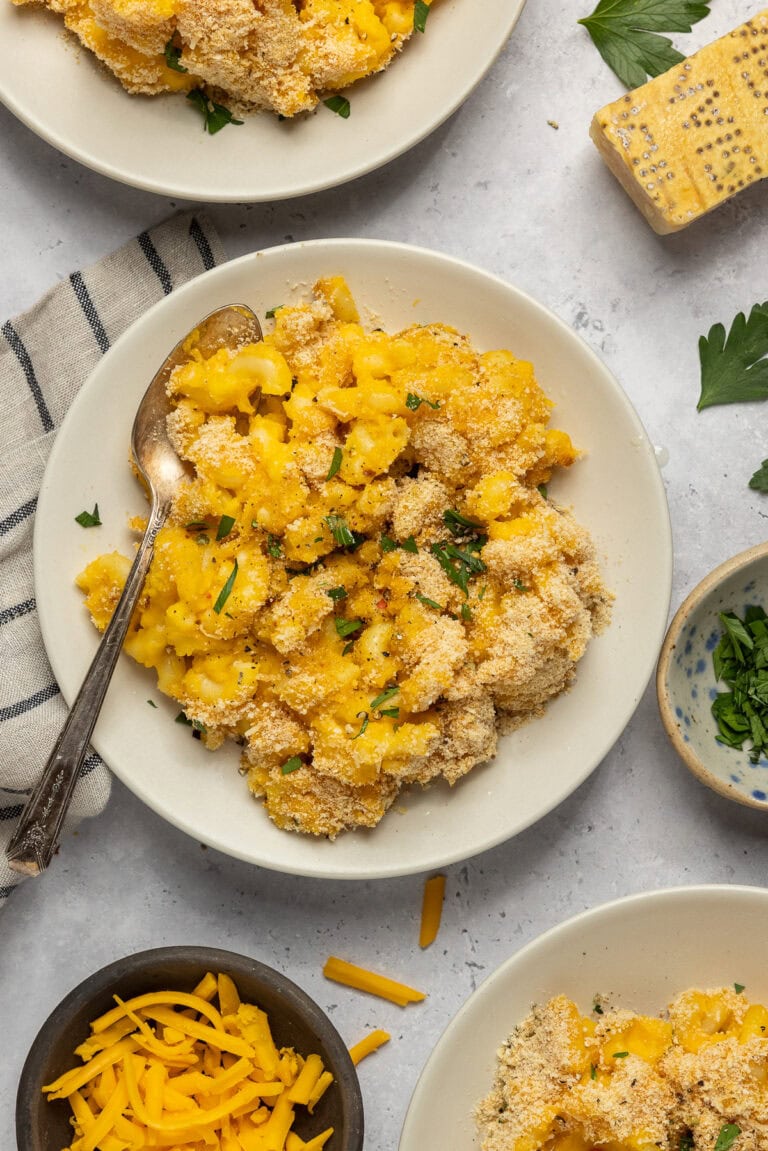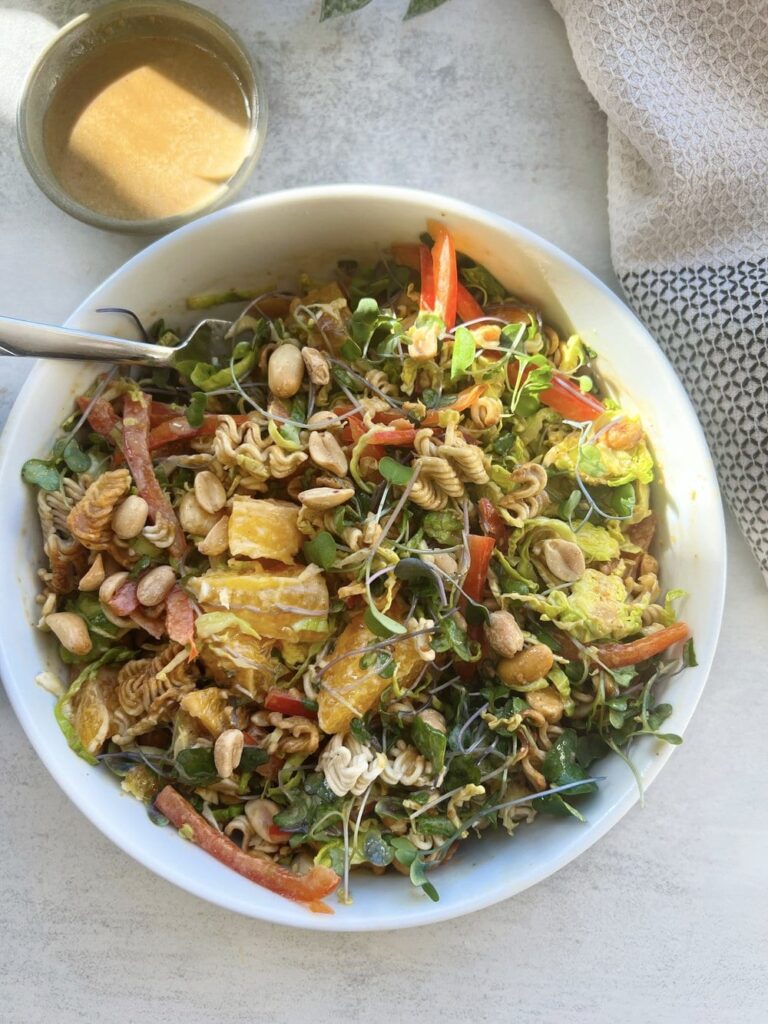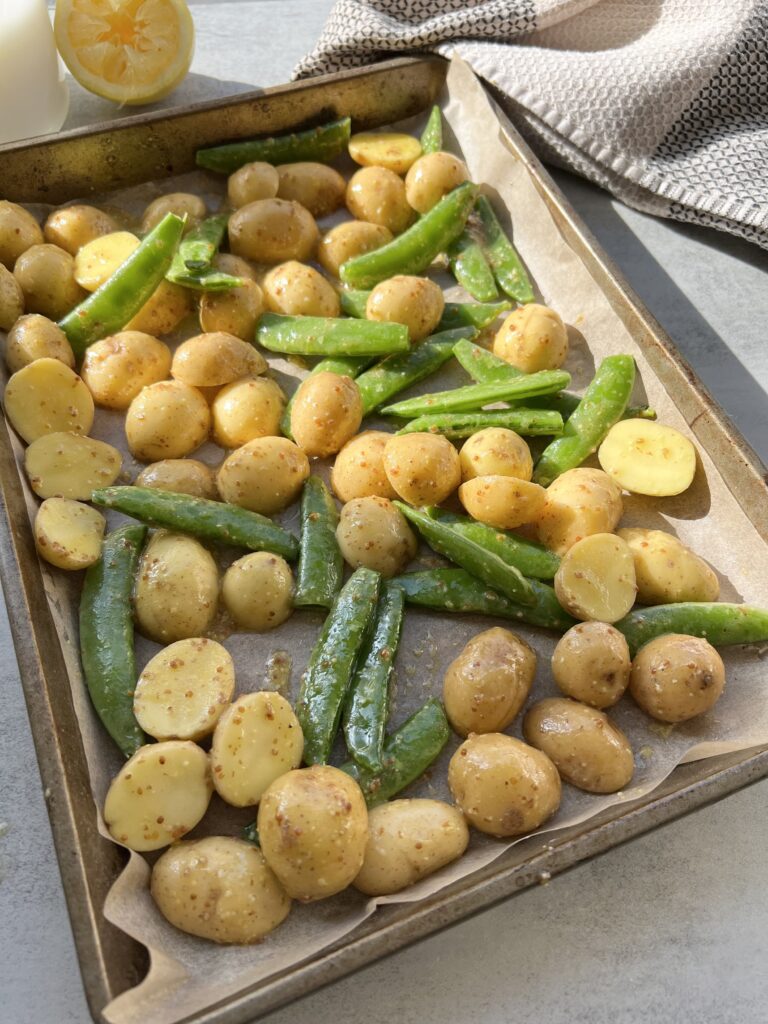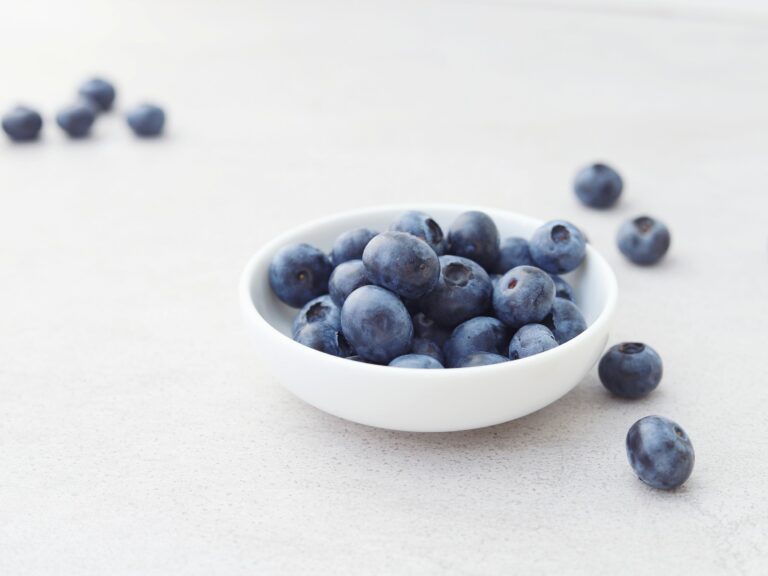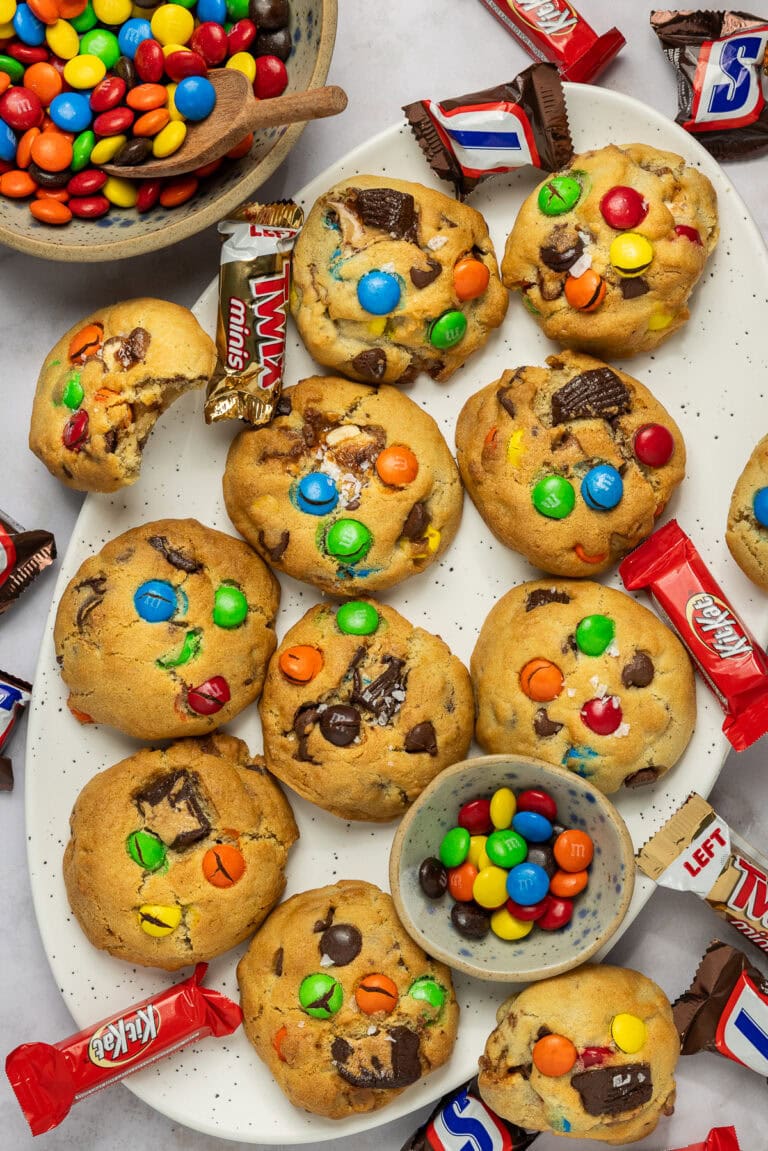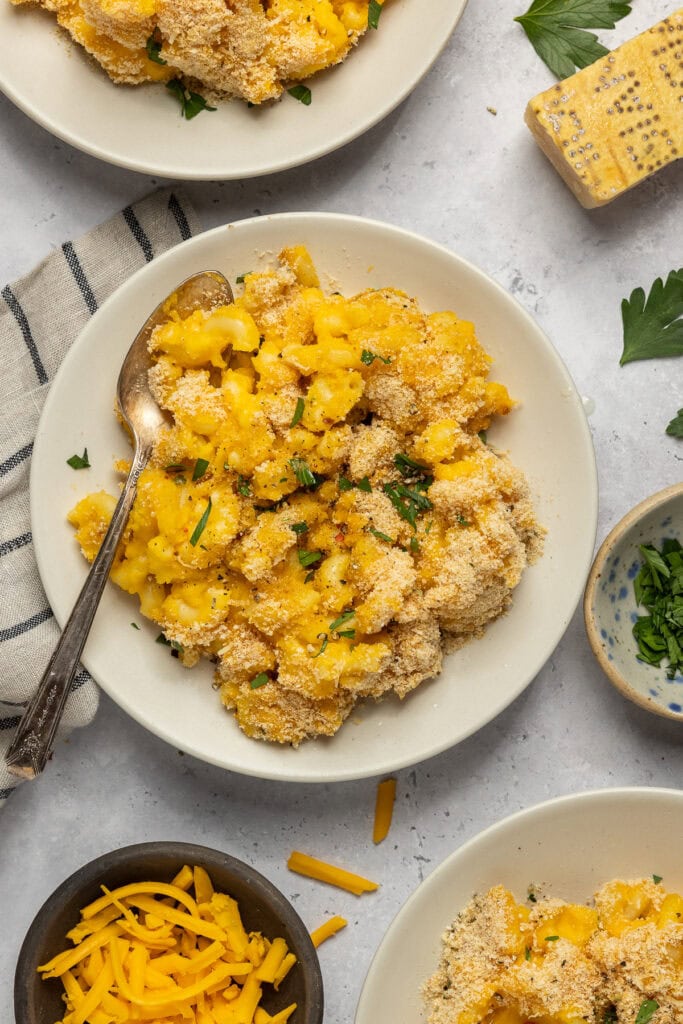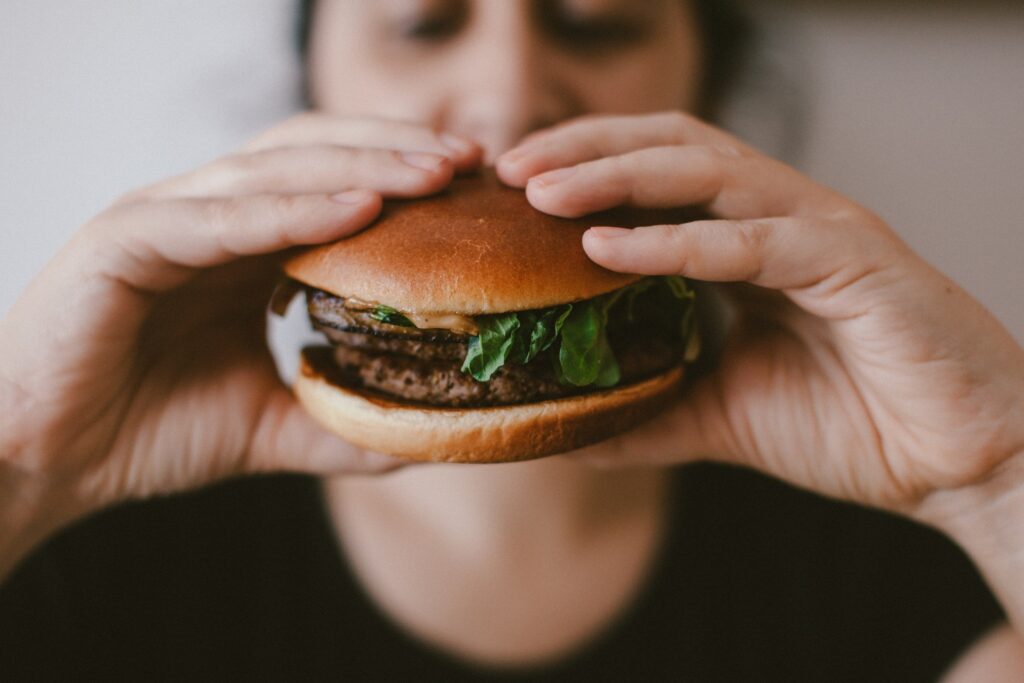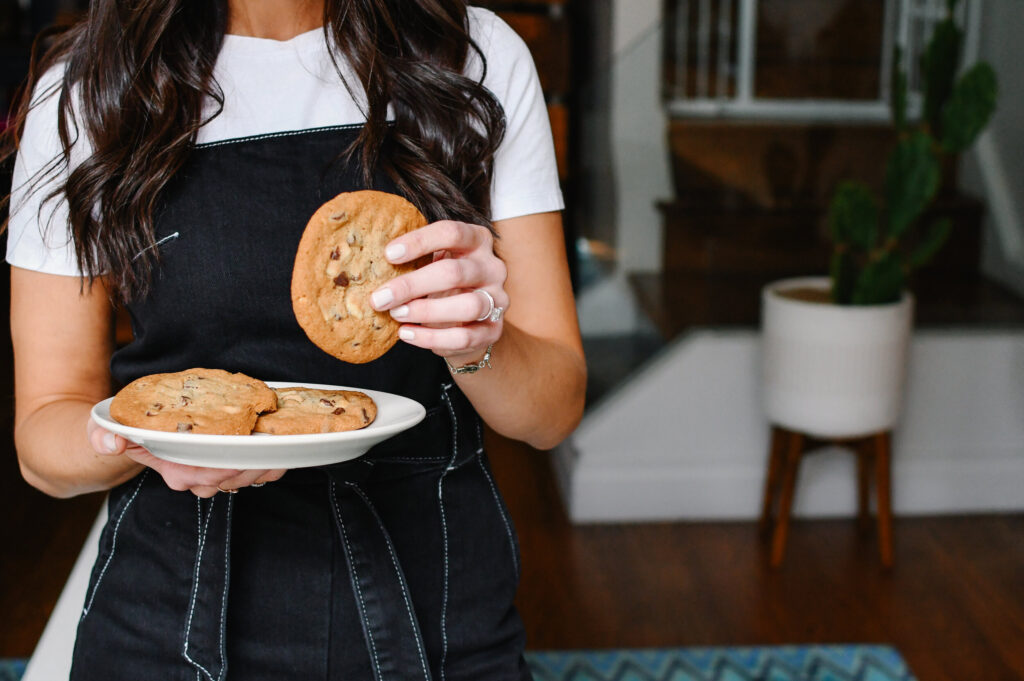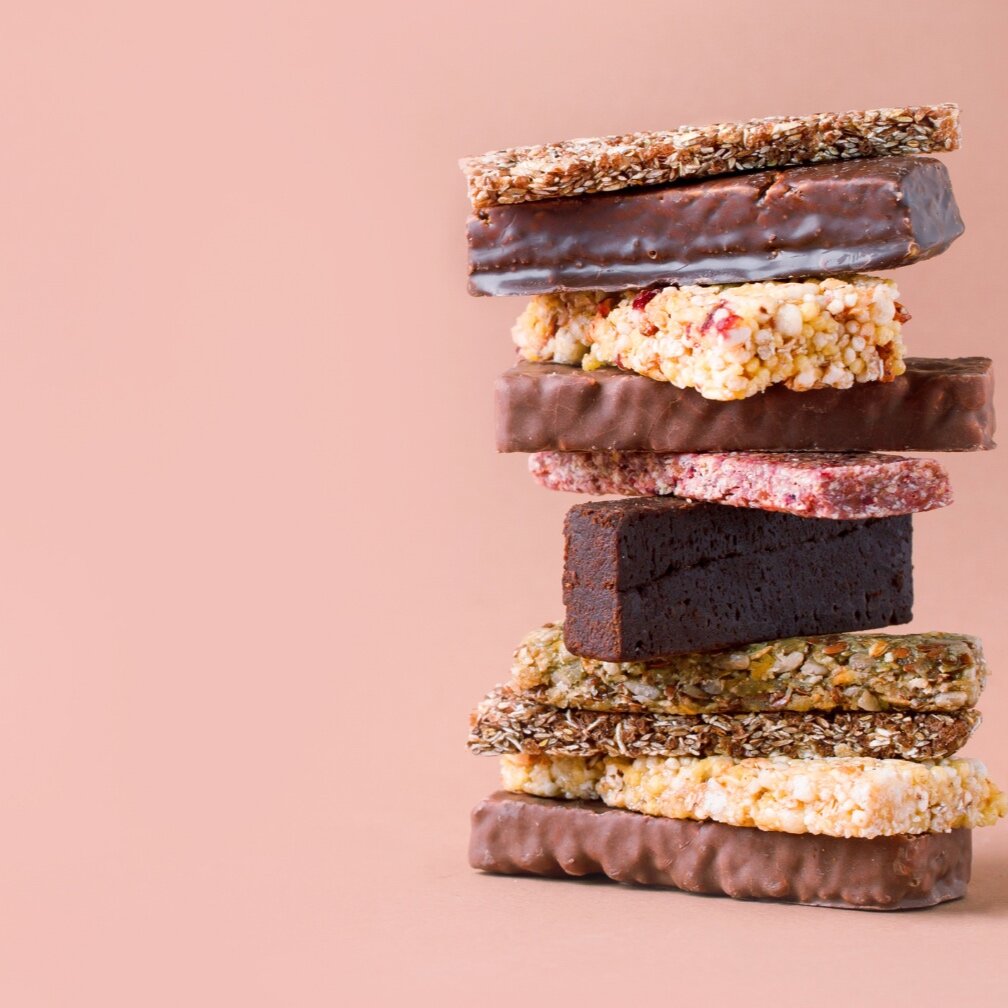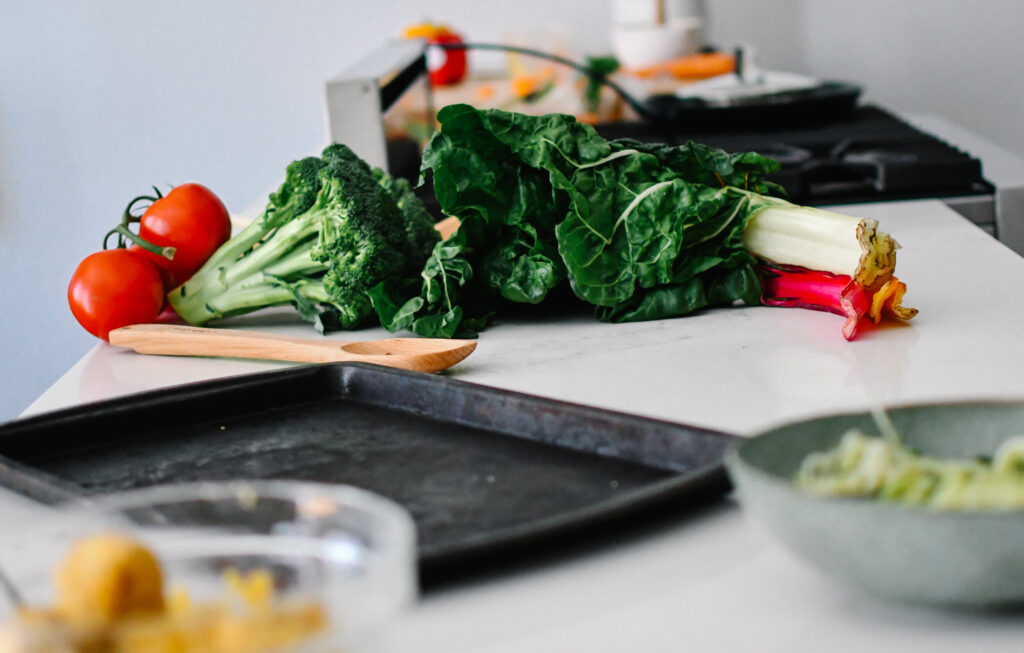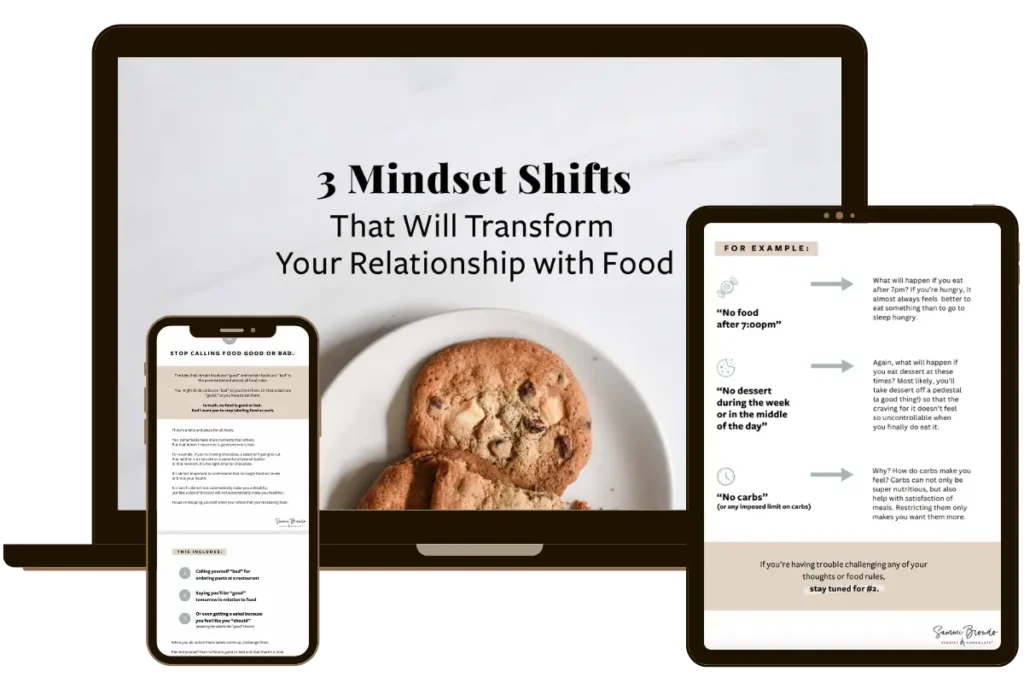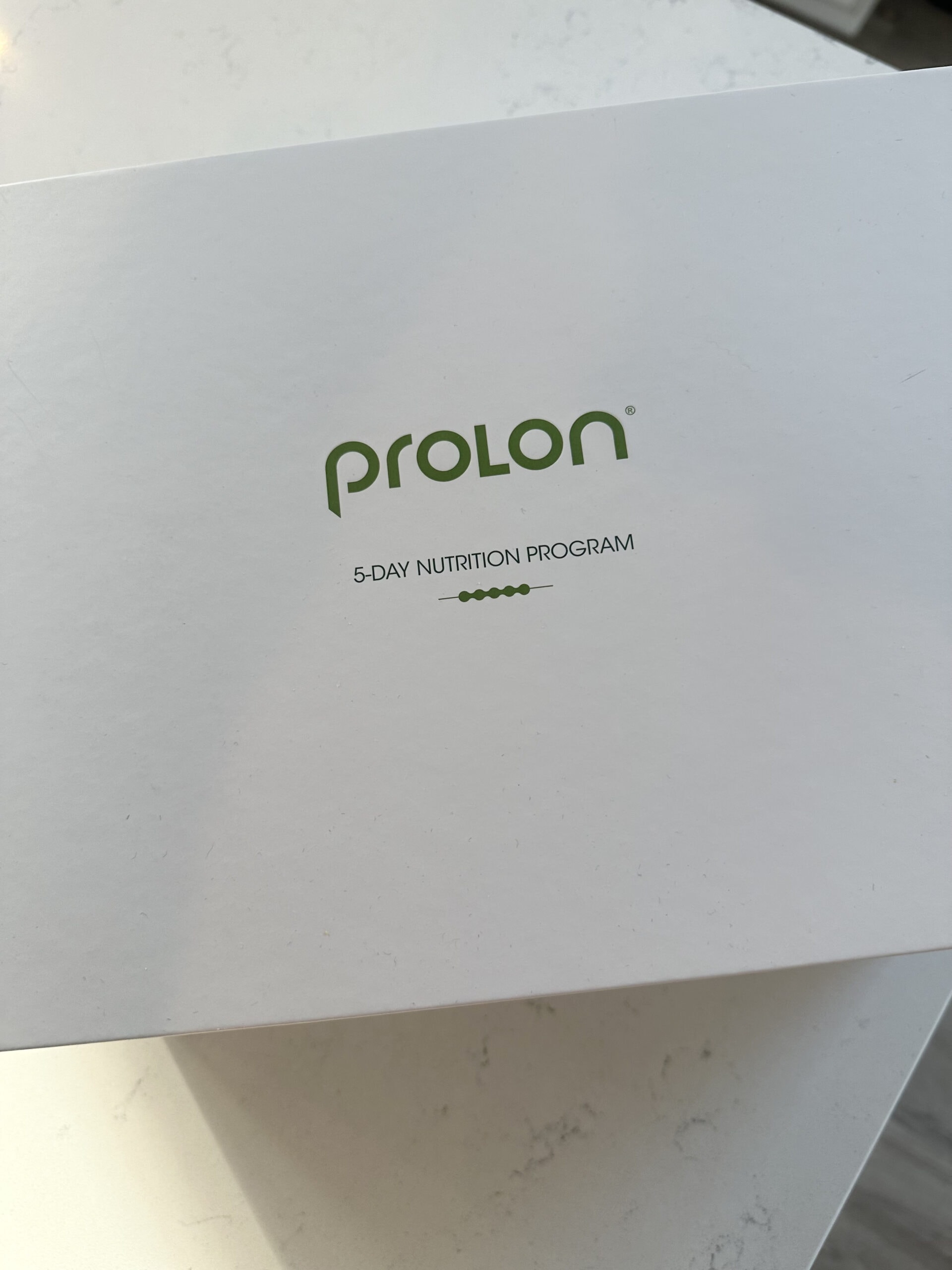
I’m an intuitive eating dietitian.
What does that mean? It means that I focus on food freedom, creating a healthy relationship with food, and nourishing your body in a way that feels respectful and enjoyable – not restrictive. (Read more about Intuitive Eating here.)
So why did I try ProLon? Well, for a few reasons.
For starters, I understand how it feels to feel uncomfortable in your body. And I get the appeal of something that promises easy, fast weight loss. Especially when you feel like you’ve tried everything and nothing works.
It’s also easy for me – as an intuitive eating dietitian – to quickly put down these diets. After all, they don’t encourage any of the food freedom principles that I so strongly believe in.
So instead of just automatically giving them a pass, I wanted to try one of the more common ones firsthand to give you my real, raw, honest opinion.
And why ProLon? When I polled Instagram about diets to review, fasting was one of the top responses. Instead of deciding between types of intermittent fasting, I wanted to try something with hard and fast rules and that promises quick results, like ProLon.
I know what you may be thinking: “obviously you still don’t agree with ProLon.”
While that might be the case – it’s certainly not something I’d recommend – I did find some positives with it. I think you’ll be surprised to hear my honest thoughts.
But first, a quick explanation of what ProLon is:

ProLon is a 5-day “fasting mimicking diet.”
It appeals to many interested in intermittent fasting because it 1) gives you straight, hard rules to follow, and 2) promises weight loss after just 5 days.
They claim to still give your body nutrients it needs, but after seeing the meals, I can confirm that nutrition is given mostly via supplements during the 5 days.
You’re sent a box and in it, 5 smaller boxes – one containing the food for each day. You’re told exactly what to eat for each day. Within each day, the order can be mixed up, but the days themselves are not interchangeable.
ProLon uses trendy words in order to really sell the diet: “clean,” “plant-based,” “natural.” And while I do agree that the ingredients are somewhat “whole foods,” there’s nothing about making powdered soup from a package that I’d call natural.
They also take it a step further with big, exciting sounding phrases, like “autophagy cellular cleanup,” “stress resistance in cells,” and “metabolic health.” And while they do have some research to support their claims, it’s important to note that much of the research was performed on animals, and that there is no long-term research.
That said, I really did find some surprising benefits of ProLon. I’ll start with those positives.
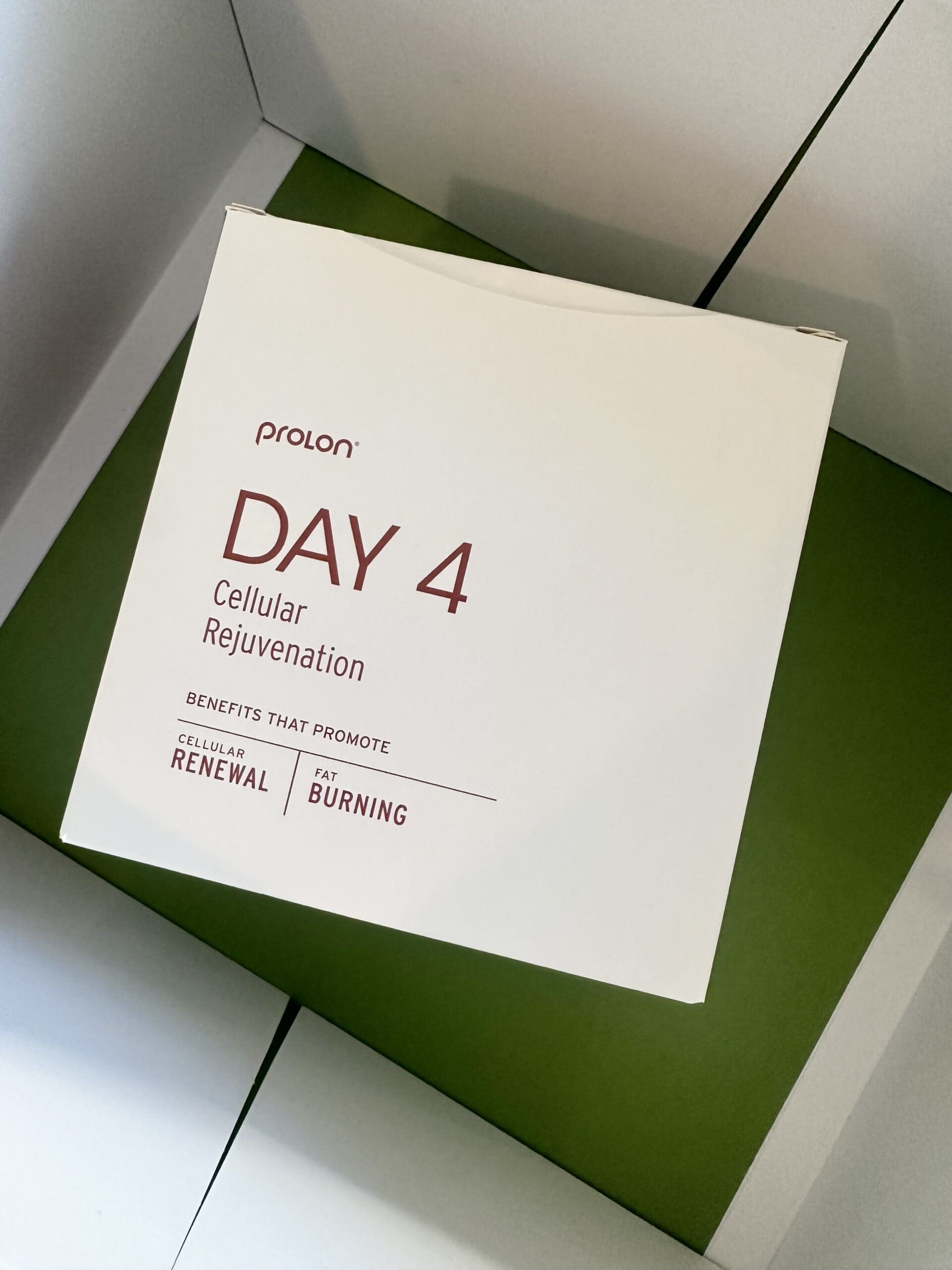
Pros
Mindfulness
You’re given a very specific and small amount of food per day on ProLon. In fact, your food for each day fits in one tiny box. It usually consists of a small nut bar, some teas, some supplements, and powdered soup.
Because food is so limited, you’re really forced to be mindful when eating. You really want to savor and experience each and every bite.
Do I think you need to eat like this in order to be mindful? Nope, absolutely not. But we’ll save that for the cons 🙂
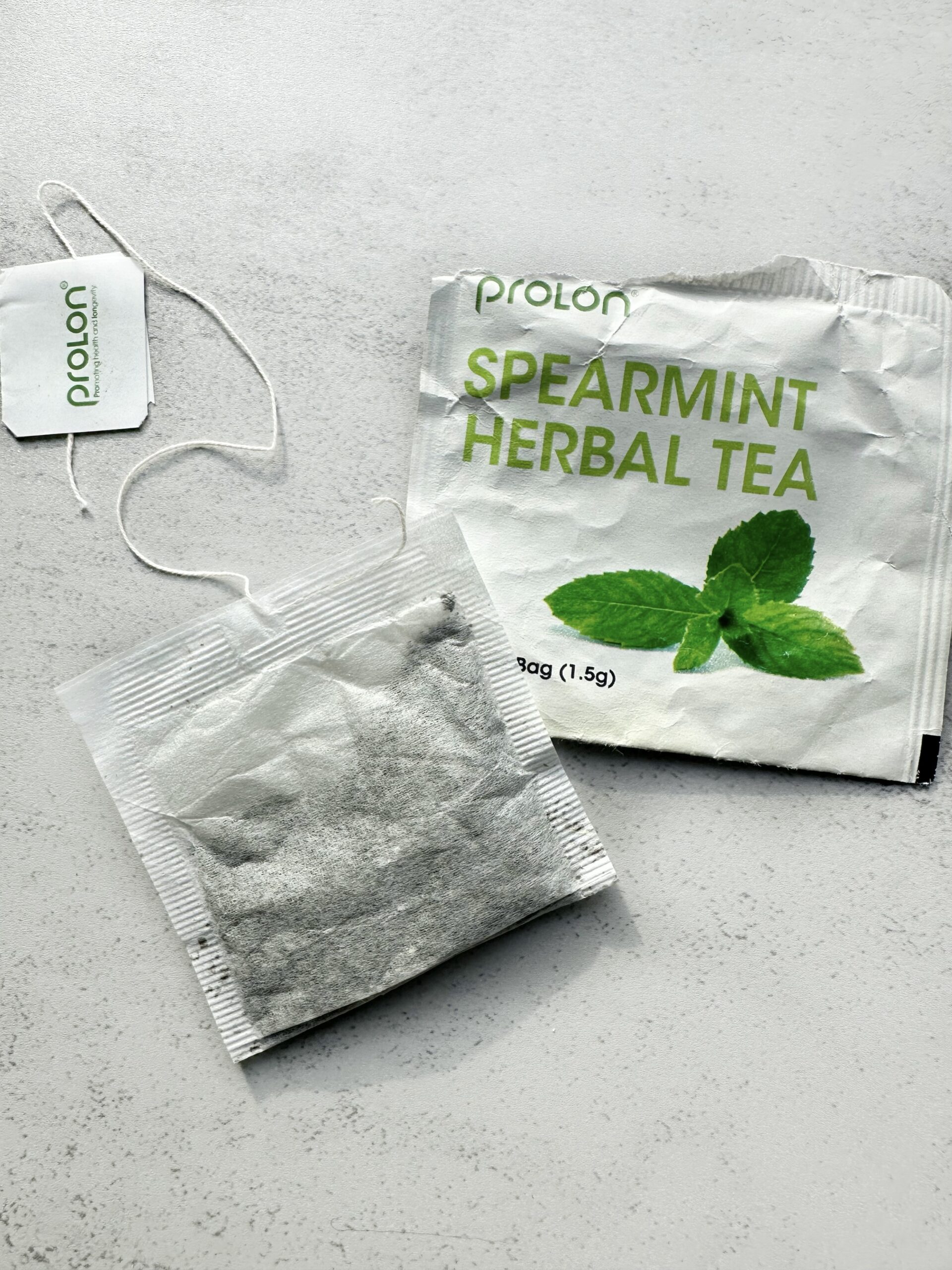
Habit Awareness
This very strict diet actually made me aware of a habit I didn’t even realize I was doing: automatically grazing all day long.
Every time I’d make food for my kids, I’d take a bite. When I’d give them snacks, I’d grab a handful here and there. Sometimes I grab handfuls of M&Ms and don’t even realize I’m snacking on them.
While there’s nothing wrong with doing these things occasionally, I truly didn’t realize just how much I was doing them. But, because I was only allowed to eat my minimal food on ProLon, I was able to notice how many times I went to graze – and how many times I had to stop myself.
This is a habit I’ll now continue to work on. While I’m sure I’ll still take bites of my kids’ snacks here and there (who doesn’t?!), I enjoy my meals way more when I’m hungry for them and eating them mindfully, instead of starting meals feeling less hungry after mindlessly grazing.
Hunger and Fullness Cues
Speaking of hunger, I was way more in tune with my hunger and fullness cues while doing ProLon.
Again, because food is so very limited, I really noticed when I was hungry and when I felt full. And these feelings felt almost stronger in both directions than normal. The pendulum really swung back and forth between strong hunger and fullness.
A good thing to be in touch with hunger cues, yes. But the extreme hunger that I felt? Not so much. Which leads me to the cons.
Cons
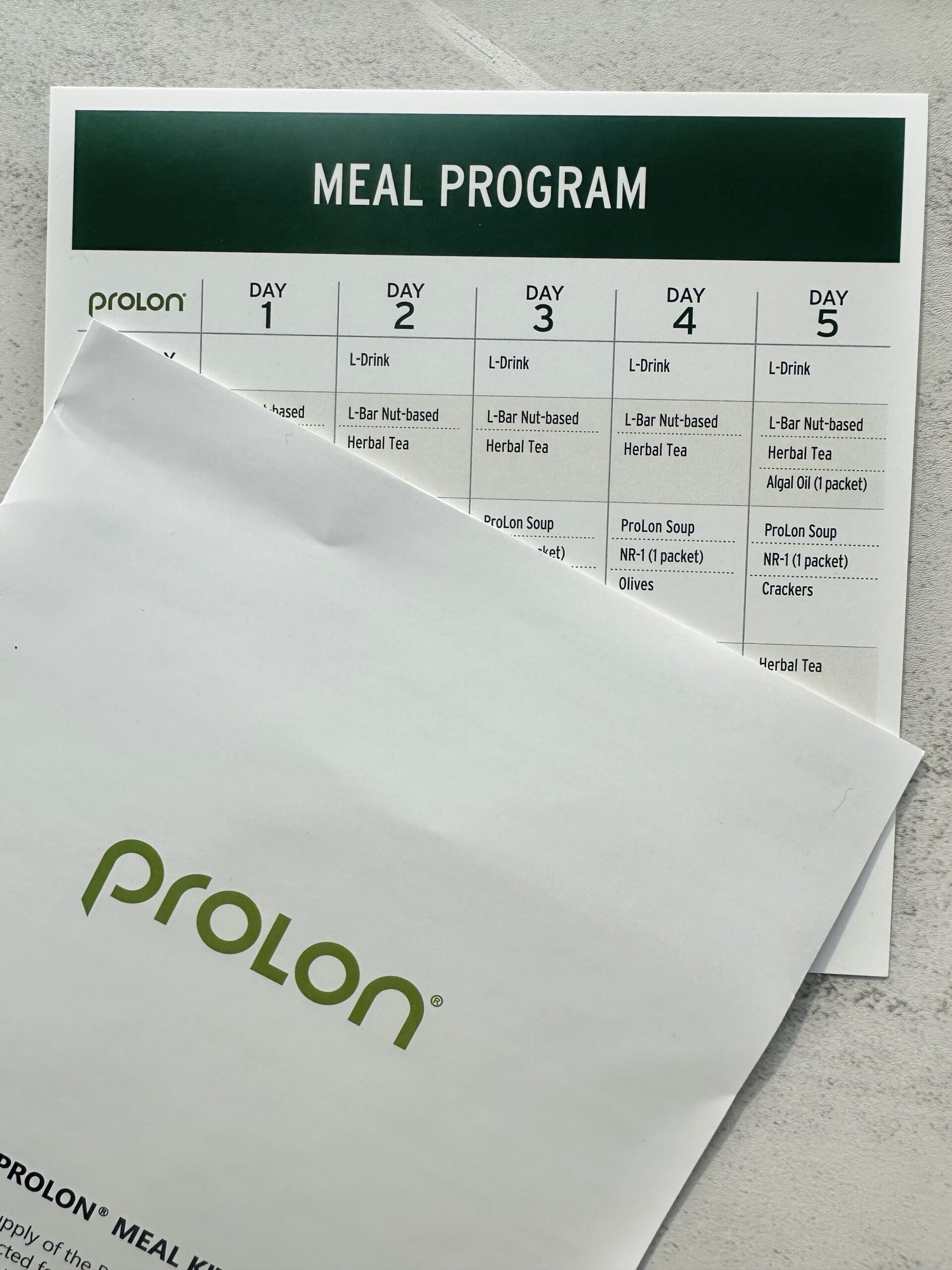
Preoccupation with food
I took notes as I was doing ProLon. I wrote down “preoccupation with food” multiple times.
In fact, by day 2, I wrote down “Miserable. Thinking about food all the time.”
This wasn’t a surprise to me though. This is what happens when food is restricted in any way, and especially so severely.
When we’re not allowed to eat certain foods or at certain times, it inevitably leads to a preoccupation with food. And when you’re that hungry, all you can think about is the next time you can eat.
Excessive Cravings
Similarly, not allowing a particular food not only makes you obsessed with that food. It also makes those cravings intensely strong.
This is what happens any time we want something that isn’t allowed. Once it becomes “forbidden,” we want it even more.
As a result of foods not being allowed – and just being so very hungry – my cravings felt out of control. I wanted to eat anything and everything: some chocolate, a real meal with protein, a crunchy salad… you name it. Everything looked good.
And again, I wasn’t surprised by this. Any time foods aren’t allowed, we just want them even more.
Missing Out
Something we don’t talk about enough is the way that you have to miss out when you’re on any kind of diet.
You can’t just freely enjoy social gatherings and meals with friends. Because, after all, you have to stick to your diet.
What this meant for me on ProLon was that I couldn’t eat dinner with my kids, like I always do. There are SO many benefits to eating with your kids. I hated that.
It also meant that while recipe testing, I couldn’t even taste the food I was testing. And it looked so good! How dumb is that?!
Finally, I almost canceled dinner with a friend. After all, I couldn’t have gone out to dinner and brought my packaged, powdered soup. Thankfully, I ended up breaking the diet and going to that dinner. I am SO glad I did.
High Hunger and Low Energy
Point blank: I was just so very hungry on ProLon. I went to sleep hungry. I woke up hungry.
I love exercise – it’s my time for myself – and I could barely do it because I was so hungry and had such low energy.
In fact, at one point, I didn’t even feel safe driving while my energy levels were so low (note that ProLon recommends avoiding intense exercise and long drives during the 5 days… but like what?!).
This is no way to live!!!
Again, I really do understand the appeal of something that promises quick weight loss when you’re uncomfortable in your body.
But all this for a few pounds? It’s just so not worth it.
—
By the middle of day 3, I’d had enough. I looked at my menu for the day and saw that after my lunch of powdered soup and a few small crackers, I wasn’t allowed a snack and would only have another powdered soup for dinner.
The urge to binge felt strong. I wanted any real food.
I was starving, my energy was low, and I felt totally unsatisfied. This is when I finally broke the diet.
I’d decided I’d learned what I needed to about ProLon. I was miserable and there was no remotely good reason to keep at it.
I ate a piece of chocolate and instantly felt like a human again. Dinner that night had never tasted so good.
Final Thoughts
Again, and I can’t stress this enough: I understand the appeal of something that sounds like a quick fix when you’re uncomfortable in your body.
But is this diet actually easy? Absolutely not. It was a miserable 2 and a half days for me. And it was only 2 and a half days! Are those few pounds really worth living that way? Hard no.
So yes, I learned more about my habits and mindfulness. But honestly, I could’ve learned those in many other ways too – ways that aren’t nearly as miserable.
And in my opinion, the excessive hunger, low energy, out of control cravings, missing out on life, and preoccupation with food are far more convincing to not try this diet than those small pros may be.
Life is really not worth living this way.
Any time you do feel uncomfortable in your body and called to try a diet, please remember this:
- The sacrifices that come with an extreme diet are often not worth the few pounds lost.
- A few pounds lost on an extreme diet are usually gained right back (in fact, diets are the biggest predictor of weight gain).
- Your health is about much more than your weight. Instead of a quick fix that may help to lose a few pounds, I’d encourage thinking about realistic, small changes instead that can benefit your health overall, including your relationship with food.
—
If you want to learn more about creating an overall healthy relationship with food and feeling more confident in your body (without extreme measures like this), I’ve got you. Check out any of these resources to get started:


